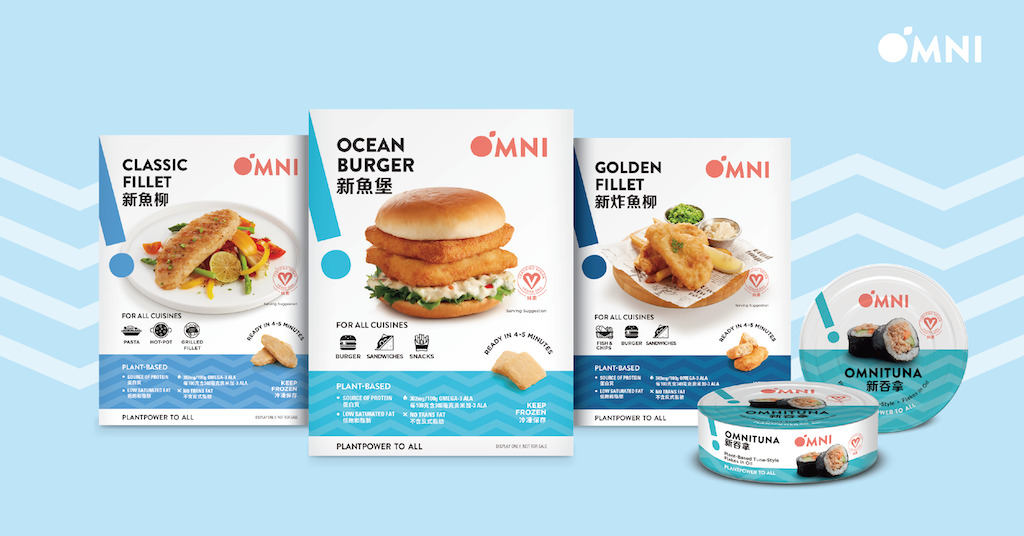4 Mins Read
The global alt protein industry is changing every day. Here’s what you need to know.
In its annual ‘State of the Industry 2021’ report, The Good Food Institute (GFI) dived deep into the alternative protein landscape.
Across the board, 2021 proved to be another year of strong growth, with cultivated and fermentation startups significantly increasing their cap table participation, alternative seafood proving to be a major growth category and sustainable crops becoming a hot topic. What does the future look like?

1. Cultivated meat investment reached an all-time high
$1.38 billion was raised by cultivated meat interests globally, in 2021. This represents 71 percent of the total ever raised. More than 36 percent ($507 million) was scooped by Israel, which saw the formation of six new cultivated companies in the same year.
2. Cultivated meat and seafood startups increased by almost a quarter
By the end of 2021, 110 startups looking to innovate with cultivated meat and seafood were announced throughout the world. This is 24 percent more than at the end of 2020.
3. Cultivated meat is a global trend now
While the U.S. and Israel are the indisputable leaders of the cultivated sector, by virtue of the number of companies and investment amounts they have secured, other nations are getting involved. 25 countries now play home to at least one cultivated protein operation.

4. A bigger fermentation sector is brewing
Globally, there are now 88 fermentation companies that are wholly or predominantly focused on developing alternative proteins. This includes meat and dairy alternatives.
5. Fermentation investment increased exponentially
$1.69 billion was raised by fermentation-based alternative protein companies in 2021. This represents a 285 percent increase on 2020’s figure and accounts for 60 percent of the vertical’s cumulative funding total.
6. Multiple countries are investing in fermentation opportunities
There are now 25 countries that are home to at least one fermentation-based alternative protein startup.

7. Plant-based companies are too numerous to accurately count
780+ companies worldwide are engaged in the development of plant-based meat, seafood, egg, and dairy products. Note: this count is for companies that are primarily dedicated to plant-based innovations, and does not account for large companies with plant-based protein ranges.
8. The U.S. has a growing appetite for plant-based products
The U.S. plant-based retail market hit a valuation of $7.4 billion in 2021. It was valued at between $5 and $7 billion (due to conflicting reports) in 2020. This is likely to grow, according to Kearney, if the sector can reach price parity with animal meat.
9. Plant-based investments hit a new high
$1.93 billion was raised by plant-based meat, seafood, egg, and dairy companies in 2021, or 30 percent of total all-time funding for the sector.

10. U.S. plant-based seafood appetites are growing
The U.S. plant-based seafood sector is a key area of future growth: it was valued at $13.9 million in 2021, up 14 percent from 2020.
11. Alternative seafood companies are reeling in investors left and right
In 2021, $175 million was raised globally by alternative seafood companies, a 92 percent increase on 2020 numbers. The sector is anticipated to remain on an upward trajectory, to alleviate demand for conventional and unsustainable seafood.
12. Alternative seafood companies are increasing in number
By the end of 2021, 120 companies were known to be focused on developing alternative seafood products. This includes cultivated and plant-based options.
13. ‘Cropportunities’ are ripe for investigation
Companies are increasingly looking at the potential of aquatic crops. Seaweed, microalgae and duckweed are proving popular due to their sustainability credentials, high protein values, functionality and nutritional values.
Lead photo by Meati.





